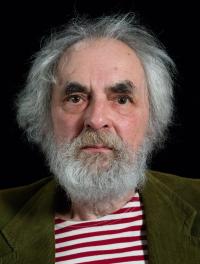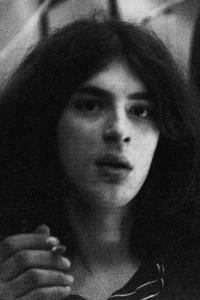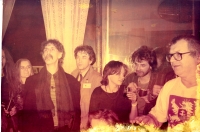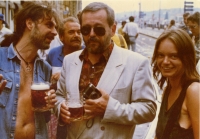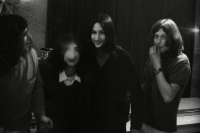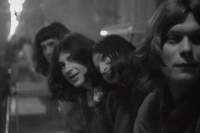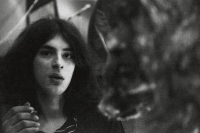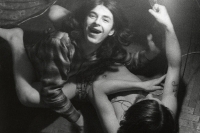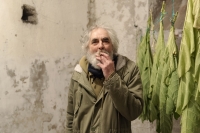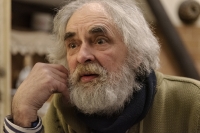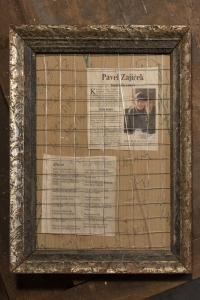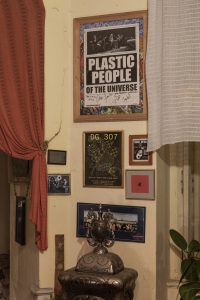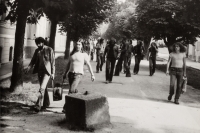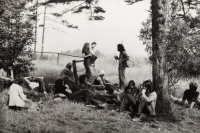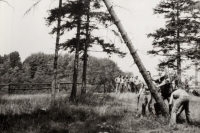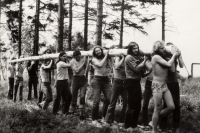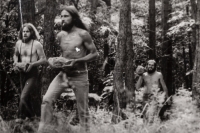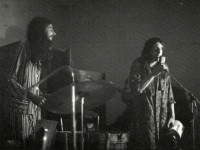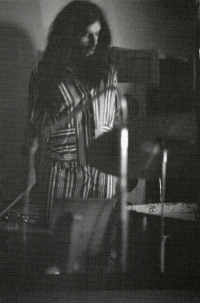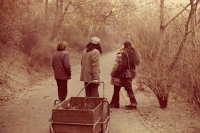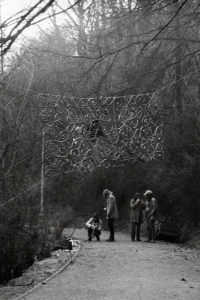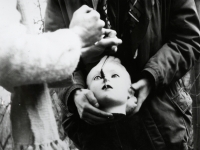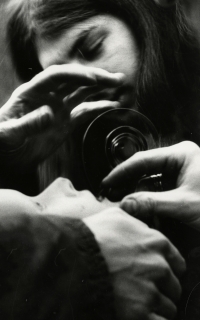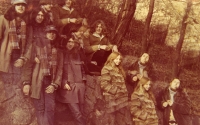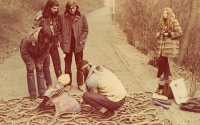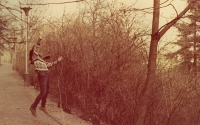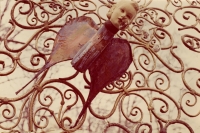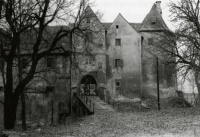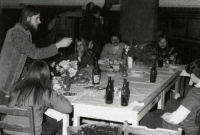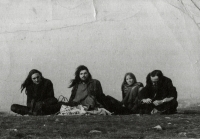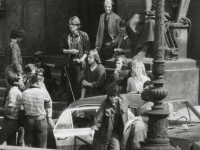No politics, just music!

Download image
Vladimír Smetana was born on 12 October 1950 in Prague. While attending a bookbinding school, he met the poet Quid Machulka. Together with other classmates they listened to foreign radio and read beat poetry. They were naturally drawn to the steps of the National Museum, where all the Prague rebels gathered at the end of the 1960s. Vladimír soon became acquainted with Milan Knižák, who introduced him to the structure of the „Aktual“ movement. Around the same period, he became the prop of the band The Primitives Group, around which the underground base has already been created. He also worked as a stage technician for the bands The Plastic People of the Universe and DG 307, in whose first line-up he was even a drummer. At the end of August 1969 he actively participated in demonstrations against the Soviet occupation, for which he was arrested, tried and imprisoned for several weeks. In 1973 he moved together with people around DG 307 to Seeberg Castle in Ostroh in West Bohemia. A group of „máničkas“ (anti-establishment rebels with long hair) lived here for almost half a year in a unique community arrangement. After the imprisonment of several members of the bands The Plastic People of the Universe and DG 307, followed by the establishment of Charter 77, Vladimir Smetana retired due to family reasons. During the Velvet Revolution he actively participated in the so-called garage meetings on Czechoslovak Television, where he was employed as a prop. From the mid-1990s he worked in the same job for the commercial television Nova and actively traveled abroad. He spent several months in the Berlin Art Squat. He is currently the operator of the Smíchov Gallery PZ, named after the poet Pavel Zajíček.
